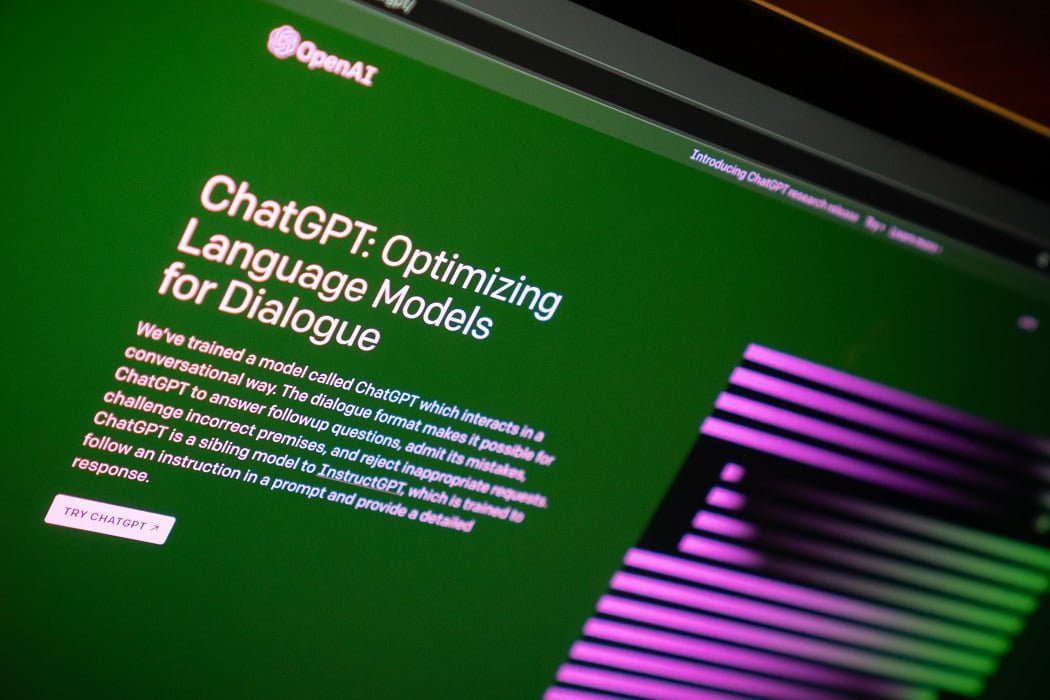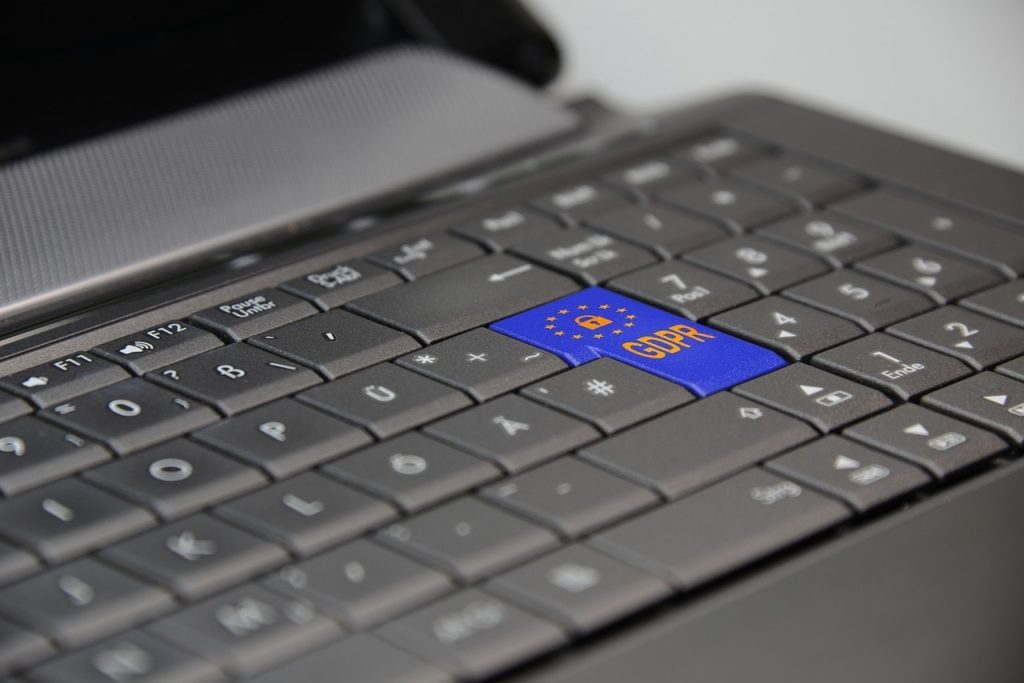
ChatGPT Blocked By Italy Due To GDPR Compliance Concerns
AI has gained significant prominence, with ChatGPT emerging as one of the most successful AI technology models. However, Italy’s data protection agency recently blocked ChatGPT due to privacy concerns, making it the first known instance of a government banning AI technology. This highlights the policy challenges that developers of cutting-edge AI technology must now confront.
OpenAI, the California-based company behind the ChatGPT technology, was accused of unlawfully collecting personal information from users without an age-verification system, thereby exposing minors to illicit material. In response to this, OpenAI voluntarily decided to restrict its availability in countries such as China, North Korea, Russia, and Iran.
ChatGPT is a leading AI technology model that uses machine learning to understand, interpret, and generate text. It can simulate a conversation between two users, ask questions, and provide responses and information. Additionally, it can perform automated tasks such as customer service interactions and digital forms processing.

However, AI devices’ ability to collect and interpret large amounts of user data means that privacy concerns are ever-present. With the development of increasingly sophisticated AI technology and its widespread availability, the need for effective regulatory measures has become crucial.
Governments must remain vigilant to the possibility of AI devices or services being misused and design systems that ensure personal data is kept safe and secure from malicious attacks. Italy’s decision to ban ChatGPT provides us with a glimpse of the policy challenges that lie ahead.
GDPR Issues
It is important to note that the GDPR applies to any processing of personal data of EU users, regardless of whether the data is obtained directly from individuals or from other sources such as the internet or social media platforms. As such, if OpenAI’s language model is processing personal data of EU users, it would be subject to GDPR requirements such as ensuring the lawfulness, fairness, and transparency of such processing.
One potential issue is the legal basis for OpenAI’s processing of personal data. The GDPR allows for various legal bases such as consent, contract, and legitimate interests, but the legality of processing large amounts of personal data for training commercial AI models can be complex. OpenAI would need to ensure that it has a valid legal basis for processing personal data and that it complies with GDPR requirements such as data minimization, purpose limitation, and data subject rights.

In terms of rectifying errors in personal data, the GDPR grants individuals the right to request rectification of inaccurate personal data. If an individual identifies inaccurate or incomplete data processed by OpenAI’s language model, they may request rectification. However, as the data may have been obtained from multiple sources, it may be difficult for OpenAI to rectify the data without knowing the original source of the information.
The Garante, Italy’s data protection agency, has also highlighted a data breach that occurred earlier this month. OpenAI admitted that a conversation history feature had been leaking users’ chats and may have exposed some users’ payment information. GDPR regulations require entities that process personal data to adequately protect the information and notify relevant supervisory authorities of significant breaches within tight timeframes.
In addition, there is a bigger question about the legal basis for OpenAI’s processing of Europeans’ data. The GDPR allows for various possibilities, such as consent or public interest. However, the scale of processing required to train large language models complicates the legality of the process.
The regulation emphasizes data minimization, transparency, and fairness, and the for-profit company behind ChatGPT does not appear to have informed individuals whose data it has repurposed to train its commercial AIs. This could cause legal problems for the company.
Despite the legitimate concerns, AI technology still has the potential to improve many aspects of our lives, from automation to customer service. Therefore, AI developers, policymakers, and users must collaborate to create effective regulations and promote responsible usage of AI technology. This way, we can ensure that AI technology is a positive force for good and not a potential threat to our privacy and civil liberties.



